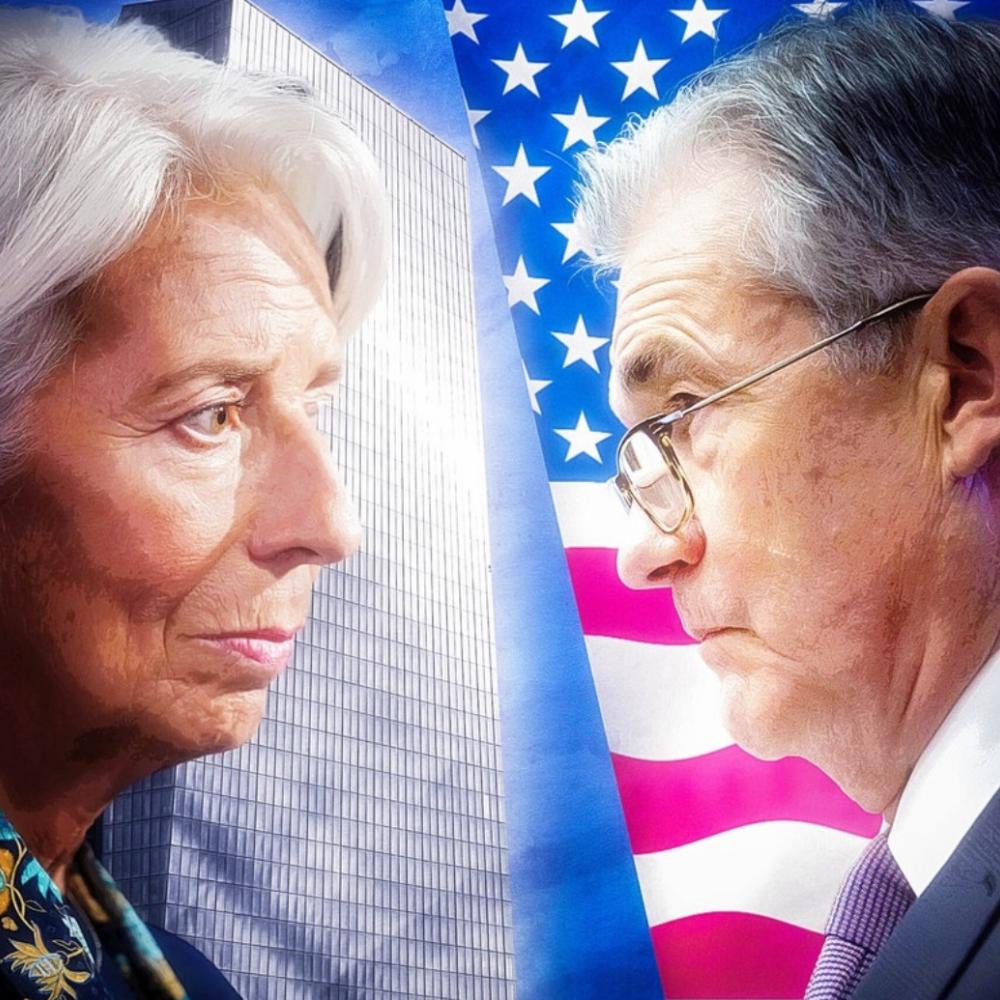
Full and unconditional support for Ukraine cannot be squared with the import levies on Ukrainian exports into the EU. The EU needs to revise thoroughly its agricultural policies.
A huge majority of EU policy makers stands unequivocally behind Ukraine, the victim of a vicious war of aggression by Vladimir Putin’s Russia. With the recently decided Ukraine Facility they have put their money where their mouth is. This Facility foresees 50 billion euros of financial support – 33 billion loans and 17 billion non-repayable grants – for the period 2024-2027. However, given Ukraine’s annual budget shortfall of around 40 billion euros, it is evident that this Ukraine Facility alone will not be enough to keep the suffering country afloat. Nevertheless, it is undeniable that with this multi-year Ukraine Facility the EU has taken a clear longer-term commitment to stand by Ukraine.
The recent decision on the prolonged suspension of all outstanding customs duties and quotas on Ukrainian agricultural products is therefore also undoubtedly a sensible move. However, it is important to note that this extension wasn't a simple continuation. In response to the concerns of our European farmers, additional safeguard measures have been implemented. This allows the EU to impose tariffs on specific agricultural goods, such as poultry, eggs, sugar, oats, maize, honey, and certain grains, should Ukrainian exports to the EU surpass the average levels observed in 2022 and 2023.
Acknowledging the legitimate worries of our farmers, my delegation supports these safeguard measures, provided they remain a carefully delineated exception rather than the norm. Therefore, I strongly emphasize the need to maintain a clear separation between discussions on agriculture and those on the undisputed aid to Ukraine. We must address the concerns of our farmers without unfairly burdening Ukrainians. This requires a decisive and thorough overhaul of EU agricultural policy on its own, ensuring that Ukrainians do not become unintended casualties in this process. We must be careful that it does not lead to even more and broader export restrictions on Ukrainian products in the future.
Three remarks need to be made here. First of all, it would be hard to reconcile the continuous repetition by EU policy makers of “full and unconditional support for Ukraine” with the levying of extra tariffs on exports by Ukrainian farmers. It is well known that the soil and weather conditions in large parts of the country give Ukraine farmers a competitive advantage on many products. Since the country is in utmost need of additional financial resources it is outright contradictory on the part of the EU to establish the Ukraine Facility, endowed with 50 billion euros, on the one hand while simultaneously diminishing Ukraine’s ability to capitalize on its natural competitive advantage for much-needed revenue. It is not far-fetched to argue that export restrictions will increase the probability of additional financial needs for the Ukraine state. But maybe, oh irony, the proceeds of the levies on Ukrainian agricultural products can be used to … financially support the Ukrainian government.
Secondly, a call for levies on Ukraine imports is evidently motivated by the competitiveness of these products within the EU market, which puts pressure on EU farmers. By putting a levy on the Ukrainian products the competitive advantage is at least reduced, if not entirely eradicated. However, this also implies that prices for certain goods will inevitably rise compared to if the levies were not installed. Everywhere in the EU consumers are complaining about high food prices. The discontent is feeding into political attitudes taken by significant parts of the population.
Thirdly, the undeniable impact of Ukrainian exports on EU farmers’ income warrants compensation.
That income compensation should not stand in the way for lower food prices of EU consumers. It is perfectly feasible to develop such schemes in the context of the EU’s agricultural budget, which on average runs at 55 billion euros annually. Currently, a disproportionate amount of this money flows into the hands of large agricultural conglomerates, while smaller, independent farmers receive too little support . A fundamental revision of the mechanisms of the EU’s agricultural policies is very much needed. Income support schemes that limit the risk of overproduction and incentivize farmers to redesign their product portfolio in line with real market opportunities should take center stage in this fundamental revision. It's imperative that we empower our farmers with the market influence they rightfully deserve.
It is completely understandable that in the present context EU policy makers are highly sensitive to farmers-related issues. That concern does however not absolve those same policy makers from trying to get their policies right. Ukraine should get all the support we can muster.
Usefull links & downloads
You may also be interested in

Fighting disruption axis with attitude
Russia, Iran and above all China form the backbone of an axis bent on destabilizing the Western political and economic order. The Russian and Iranian economies are basket cases and as such incapable of supporting a prolonged war effort. China on the contrary has developed a formidable economic and industrial machine. Nevertheless, China faces huge challenges and massive problems.

Central bankers still must face their past behavior
The case for the September interest rate cut of the Fed was much more clear-cut than the case made by the ECB. Yet both central banks risk re-igniting a debt-fueled financial boom that will further feed financial and economic instability.